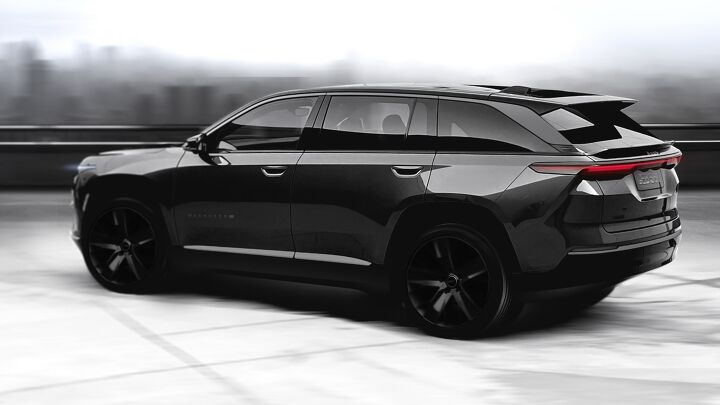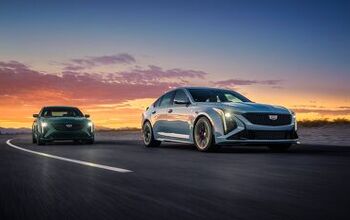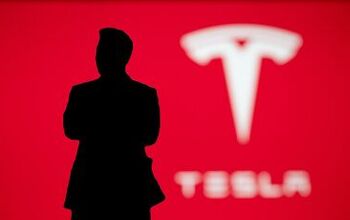Stellantis Vehicles Should Jump to Tesla's NACS Starting in 2026 UPDATED

Stellantis has been slow to roll out new electric models, so it’s not surprising to see the automaker being one of the last to join Tesla’s North American Charging Standard. That changed yesterday, as the automaker announced that it would begin offering the tech on some electrified vehicles starting in 2026.
We’ll see several new EVs from the automaker starting this year, from the Jeep Wagoneer S to the Ram 1500 REV. Though it doesn’t currently have a fully electric vehicle in the U.S. now, Jeep sells two plug-in hybrids, Chrysler has a PHEV minivan, and there are also the Dodge Hornet and Alfa Romeo Tonale PHEV twins. Those vehicles will should be able to use an adapter to charge on Tesla’s Supercharger network, while future models will get NACS charging ports at the factory.
Tesla’s charging network not only expands the number of available chargers to outside brands, but it’s generally viewed as offering a more reliable and seamless public charging experience, something every EV owner wants. At the same time, Stellantis is one of several automakers partnering to develop a separate charging network.
Called Ionna, the joint venture aims to build 30,000 chargers by the end of the decade, and they will be brand-agnostic, meaning any EV can charge. Improving the charging experience, including the availability of chargers, is a vital step needed to ensure continued EV adoption.
Editor's Note -- Stellantis reached out after publication to clarify that the listed vehicles should be able to charge with the Tesla standard, as opposed to "will." We've changed the wording and headline to reflect this.
[Image: Jeep/Stellantis]
Become a TTAC insider. Get the latest news, features, TTAC takes, and everything else that gets to the truth about cars first by subscribing to our newsletter.

Chris grew up in, under, and around cars, but took the long way around to becoming an automotive writer. After a career in technology consulting and a trip through business school, Chris began writing about the automotive industry as a way to reconnect with his passion and get behind the wheel of a new car every week. He focuses on taking complex industry stories and making them digestible by any reader. Just don’t expect him to stay away from high-mileage Porsches.
More by Chris Teague
Latest Car Reviews
Read moreLatest Product Reviews
Read moreRecent Comments
- Mebgardner That's not what I'm talking about, and you know it.
- FreedMike "“Everything is on the table,” the letter said." How about making stuff that doesn't fall apart and cost twice as much to fix after the fact? Those recalls ain't free.
- The Oracle Apple is responding to consumer feedback and biometric trends.
- MaintenanceCosts Tariffs inevitably hurt the consumers of the nation imposing them. There are policies other than tariffs that can support the development of healthy trade without bottom-feeding... ... if, and only if, the other trading partners are operating in good faith.Tariffs may be the right response, notwithstanding the pain we impose on ourselves with them, if the trading partner is actively trying to exploit or damage us.I suspect we could probably compete without tariffs or with a smaller tariff in this particular market, but it's hard to ignore the Chinese government's complicity in allowing the business sector to steal and exploit our IP.
- EBFlex EVs are dangerous enough but a cheap China made one is far worse. Anything that helps keep them off our roads is a good thing.

































Comments
Join the conversation
Are there any holdouts left?
I, SUPER SERIOUS TASSOS, APPROVE OF this.